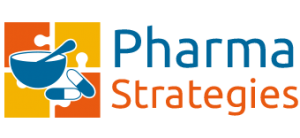New Novartis data in relapsing MS reinforce benefits of Kesimpta® for first-line and switch patients
New Novartis data in relapsing MS reinforce benefits of Kesimpta® for first-line and switch patients
arcticnovartis
- Nearly 90% of first-line Kesimpta patients had no disability progression independent of relapse activity (PIRA) for up to six years in an analysis of open-label ALITHIOS extension study1
- More than 80% of patients receiving first-line Kesimpta were progression-free for up to six years, reinforcing the value of introducing Kesimpta early1
- Patients switching to Kesimpta from IV anti-CD20 therapy showed no new active lesions (Gd+ T1) 12 months after switch in separate US single-arm, open-label, Phase
